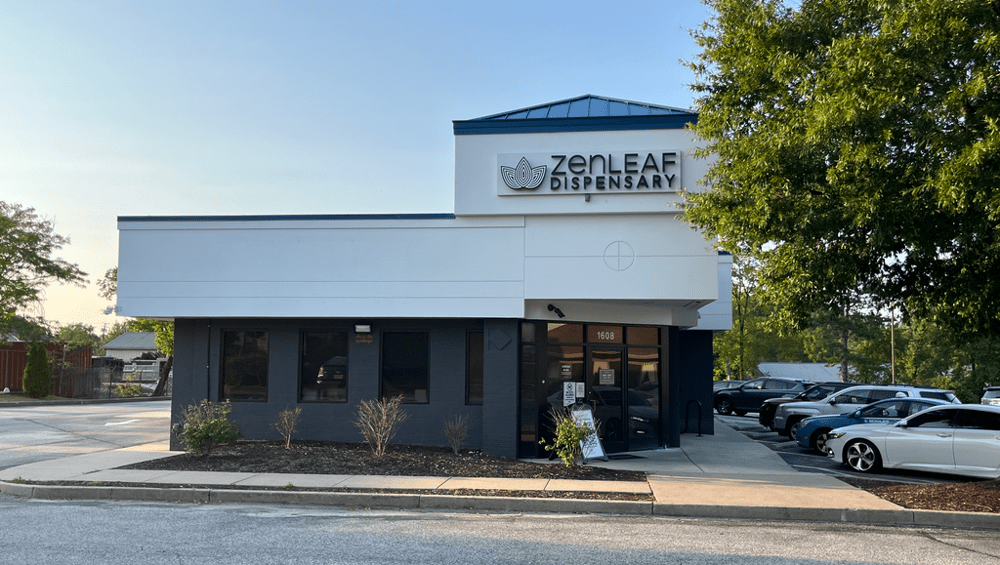For CBD beverage startups, getting from idea to shelf involves choosing the right manufacturing path—private label or white label. Both can help new brands scale quickly, but they differ in cost, control, and compliance requirements.
Understanding the Models
White Label:
White label products are pre-formulated and ready for branding. The manufacturer sells the same base beverage to multiple brands, who customize packaging and marketing. This option offers fast entry into the market, low minimum order quantities (MOQs), and lower startup costs since R&D is already complete. White labeling is ideal for testing new flavors, formats, or regions without heavy investment.
Private Label:
Private label manufacturing means full customization. Brands can adjust cannabinoid ratios, add botanical blends, choose specific sweeteners or flavor profiles, and design proprietary packaging. The result is exclusivity and higher brand value, but it also comes with larger MOQs, longer lead times, and greater regulatory responsibility.
The Regulatory Challenge
The U.S. Food and Drug Administration (FDA) currently maintains that CBD cannot lawfully be added to foods or dietary supplements under existing federal law. This makes CBD-infused drinks part of a legal gray area. Some states, such as Colorado and Oregon, allow hemp-derived beverages under strict labeling and testing requirements, while others prohibit them entirely.
Because of this uneven landscape, both white-label and private-label brands must carefully plan where their products will be sold and ensure that all packaging complies with state rules. Labeling errors or unverified claims can result in penalties or product recalls.
Compliance Considerations
For White Label Brands:
Reputable manufacturers often handle compliance testing, documentation, and Certificates of Analysis (COAs). They may already have label templates that meet stricter state requirements. However, the brand remains legally responsible for marketing claims, product safety, and labeling accuracy.
For Private Label Brands:
More customization means more oversight. Brands must commission stability studies for unique formulations, confirm cannabinoid content, and maintain lab testing for every production batch. Each product must include batch numbers, ingredient lists, and QR codes linking to COAs. Investing in compliance early helps prevent issues as regulations evolve.
Key Steps for Success
- Know the Laws: Research target states and marketplace policies. Major retailers and e-commerce platforms have their own CBD rules.
- Ensure Testing and Traceability: Require full COAs covering potency, pesticides, heavy metals, and microbials. Maintain batch records for accountability.
- Use Compliant Labeling: Avoid disease-related claims and stick to general wellness or functional language. Include accurate CBD content per serving.
- Plan for Change: The FDA has requested Congressional action to establish a new regulatory pathway for CBD. Contracts should allow for reformulation or relabeling if laws shift.
Choosing the Right Route
Entrepreneurs focused on speed and affordability should consider white label partnerships—they’re ideal for testing market traction without large capital outlays. Those aiming for long-term brand distinction should pursue private label options that allow for creative control and proprietary formulations.
In today’s rapidly changing CBD beverage market, success depends not just on taste or design but on transparency, compliance, and agility. Whether you opt for private or white label production, aligning your operations with testing standards and evolving regulations will determine your staying power in the marketplace.

